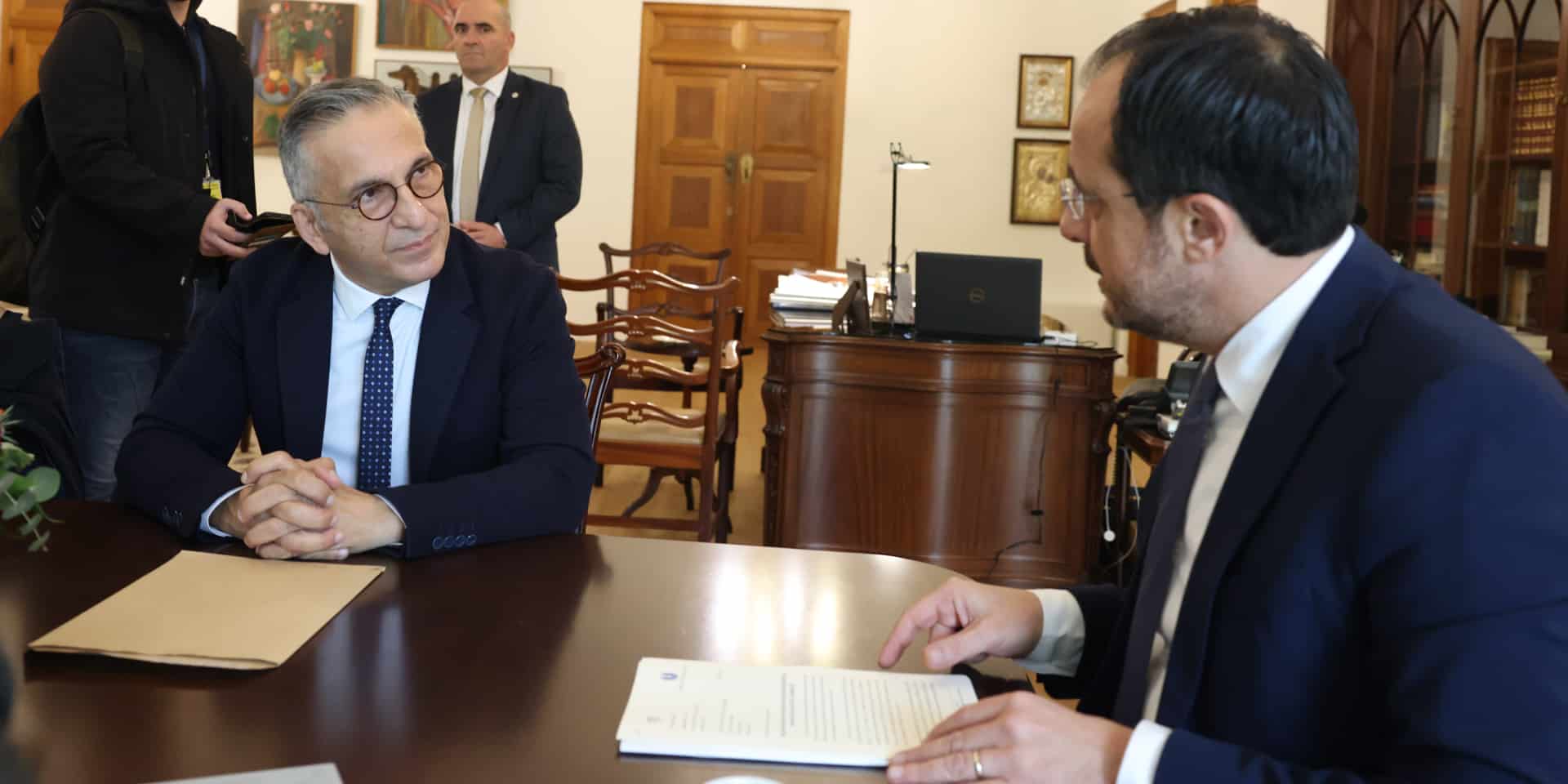The Covid-19 pandemic has left a deep imprint on the psyche of the nation, according to the latest report of the Cyprus National Bioethics Committee, which was handed over on Thursday to President Nikos Christodoulides.
The report covers the period July 2019 to December 2022.
The bioethics committee was set up in 2001 to monitor, research, assess and analyse issues related to scientific research, progress, application of the sciences of biotechnology, biology, medicine, genetics and pharmacology as well as human intervention in these processes with regard to their moral, ethical , social, humanitarian and legal dimensions.
Committee president, Professor Constantinos Fellas, who handed over the 50-page document on Thursday, in his address at the start of the report, said that the unprecedented situation that resulted from the pandemic, “found us quite unprepared in many respects”.
“None of us imagined that the pandemic and its consequences would accompany us for the next three years, as well as for many the long-term effects on mental health,” he said, adding that it had left “a deep imprint on our psychology”.
The threat of the virus itself combined with economic insecurity and the prohibitive measures tested “and are still testing the endurance of all of us”, he added.
“Anger, despair, uncertainty, fear, loneliness and social exclusion are a series of negative feelings that have been created in our fellow citizens as consequence of the pandemic,” Fellas said.
He referred to those who fell ill, who were intubated, the relatives who “spent days in agony” worried for their family members who were struck by the virus, and “those who experienced incomplete mourning” for the loss of loved ones who died alone due to restrictions.
“The mass psychology of fear, the confinement, the imperative to come to terms with loss of freedom, the absence of school, play and dear friends during the lockdown period, have de-tuned one of the basic ‘cells’ of being human – sociability,” he added.
On top of that, the pandemic posed significant challenges in the area of bioethics, where scientists, in collaboration with politicians, had to make difficult decisions to try and limit the spread.
“The Covid-19 pandemic raised a number of bioethical issues focused primarily on health care, justice and human rights that extended beyond the national borders of each state,” Fellas said.
These were directly related to measures for protection of vulnerable groups, health equity, vaccination programmes, mental health, and individual freedoms, and more.
The committee, he added had done its best to contribute as per its mandate to the public debate surrounding the bioethical implications of the measures and the vaccination programme by conducting a survey regarding the attitudes, knowledge, and perceptions of Cypriots regarding vaccination, and another on the social and psychological effects of the measures on wider society, especially schoolchildren, after the pandemic peaked.
The committee is also involved in issues surrounding the ongoing debate on euthanasia, medically-assisted human reproduction, clinical trials of medicinal products for human use, abortion, gender issues and transplants.
“In the last two years there has been an intense social dialogue on the subject of euthanasia,” Fellas said.
Issues that need to be clarified during the discussions include self-determination and self-management, the perception of it as an appropriate medical practice, the clarification of what actually constitutes the right to a dignified death and the right of refusal.
The committee is engaged in a series of initiatives to answer the more pressing questions. These initiatives include working on the finalisation of official positions, conducting a Pancyprian survey among the public and another one among doctors, nurses, midwives, and people engaged in palliative care.
“In the modern era, where the development of technology and science is so rapid, the committee is called upon to play a very important role in the scientific and research activities of Cyprus,” Fellas said as he handed over the report to the president.
Christodoulides in his comments pledged to see what the government could do to strengthen the role of the committee “for the benefit of the citizen”.







Click here to change your cookie preferences